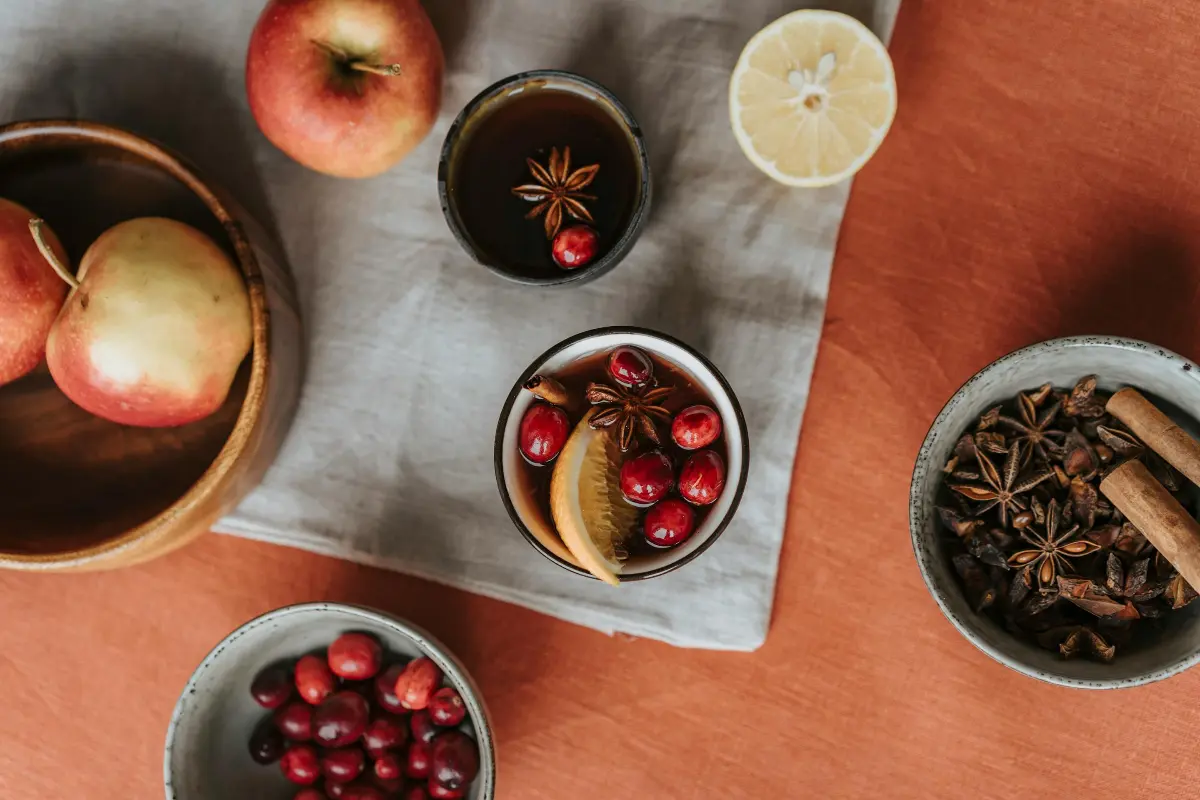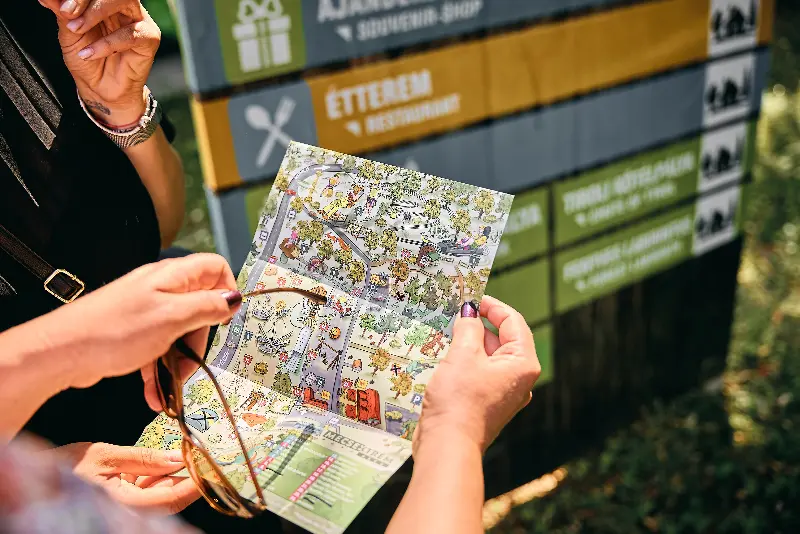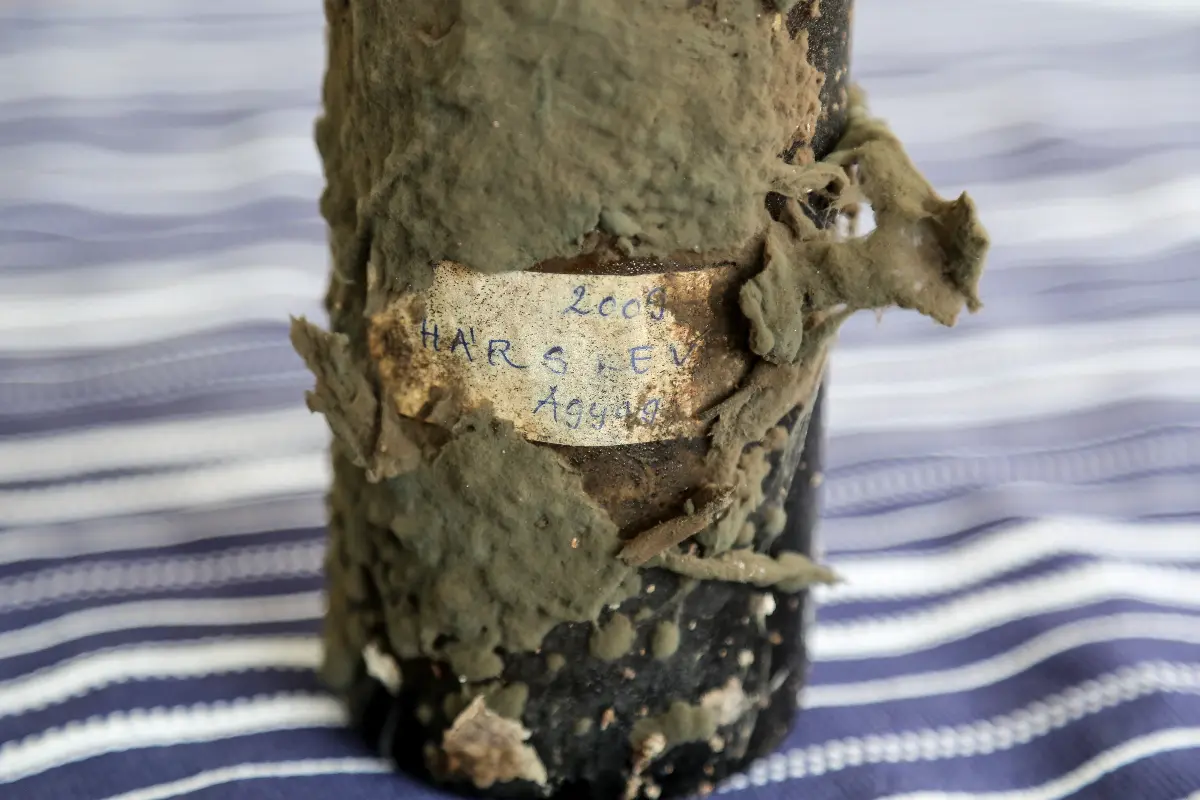
Helyszín címkék:
10 things to keep in mind when tasting Tokaj wines
Ripka Gergely
1. The right glass is a must. If possible, do not taste serious Tokaj wines from an old dessert wine glass or a festival glass, because you will not be able to enjoy it fully. (In 2015, the Austrian Riedel Manufactory developed a special glass to match the Furmint, which is also great for sweet Tokaj wines.)
2. Chilling is important (8-10 degrees), but do not drink it too cold, especially “serious” dry Tokaj wines. If you are tasting a sample from a barrel, you should (exceptionally) warm it in the wine glass with your hands and let it aerate. A good Tokaj wine needs some time in the glass and in the bottle (especially when sealed with a glass-stopper).
3. It is recommended to start with the dry muscatel, then continue with the furmint and “hársfalevelű”, and finally taste the sweeter wines in ascending order of sugar content (rinse the glass after very strong-smelling wines).
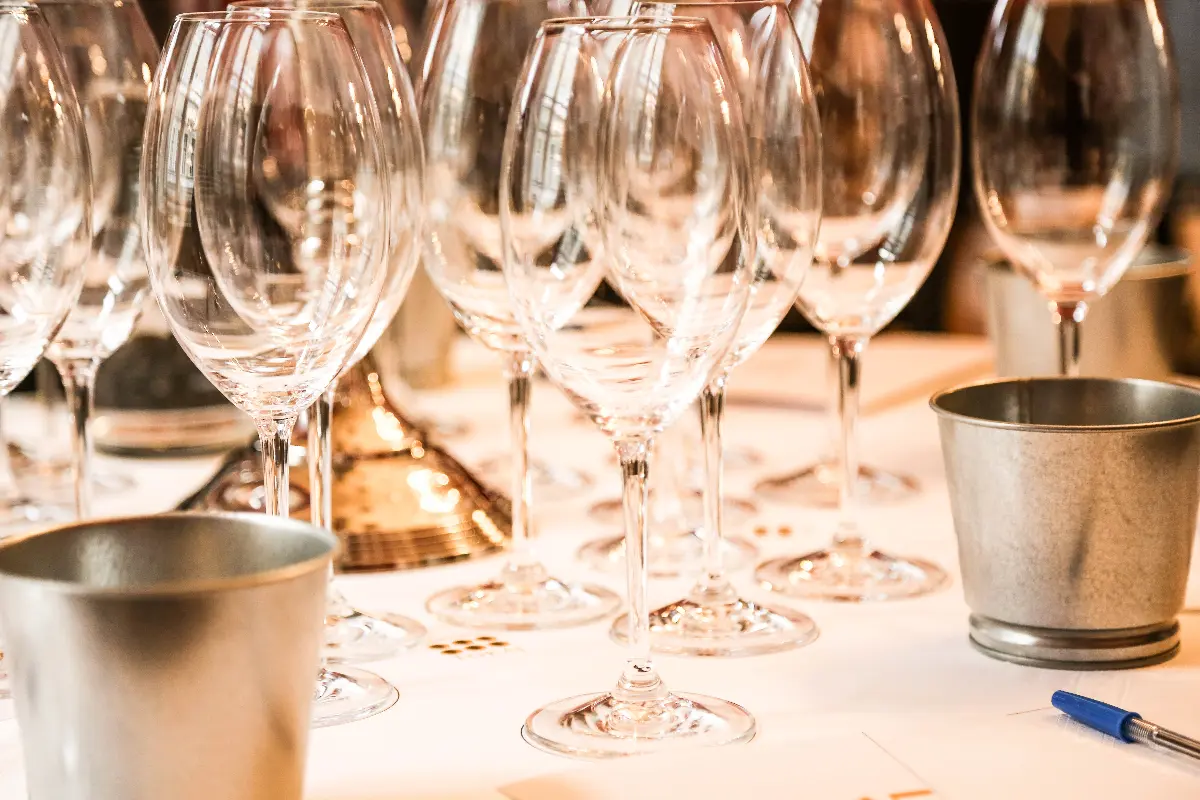
4. Do not analyse the wines, most of it is just pseudo-scientific explanations anyway. There is one thing, though, to pay attention to: the balance. Balance is what makes a wine elegant and fine. If the acids, the sugar, the alcohol and the barrel are in harmony, there should not be much of a problem.
5. Do not let your previous habits discourage you from a particular type of wine: often the biggest surprises come from where you do not expect them, whether it is the variety, the sweetness or a champagne.
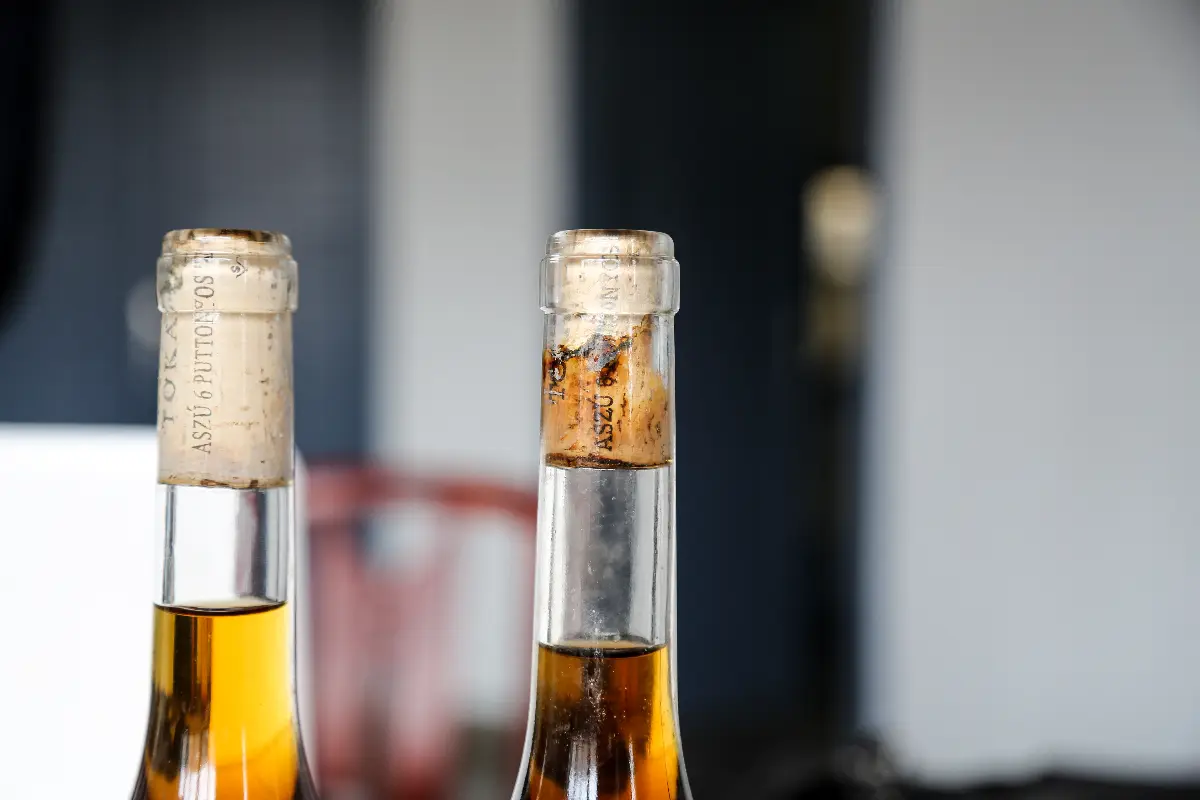
6. Good wine creates company. It is worth exploring the wine region with others. There is a magic to tasting with a few people, where you can learn about secrets, and a place for good company: different cellars and different wines can be ideal for both cases.
7. Always pay attention to the amount: a wine tasting programme can become unexpectedly short if you drink every drop. If the aim is to get to know the wines, limit yourself to tasting quantities. Feel free to ask a bowl from the host for the remaining wine.
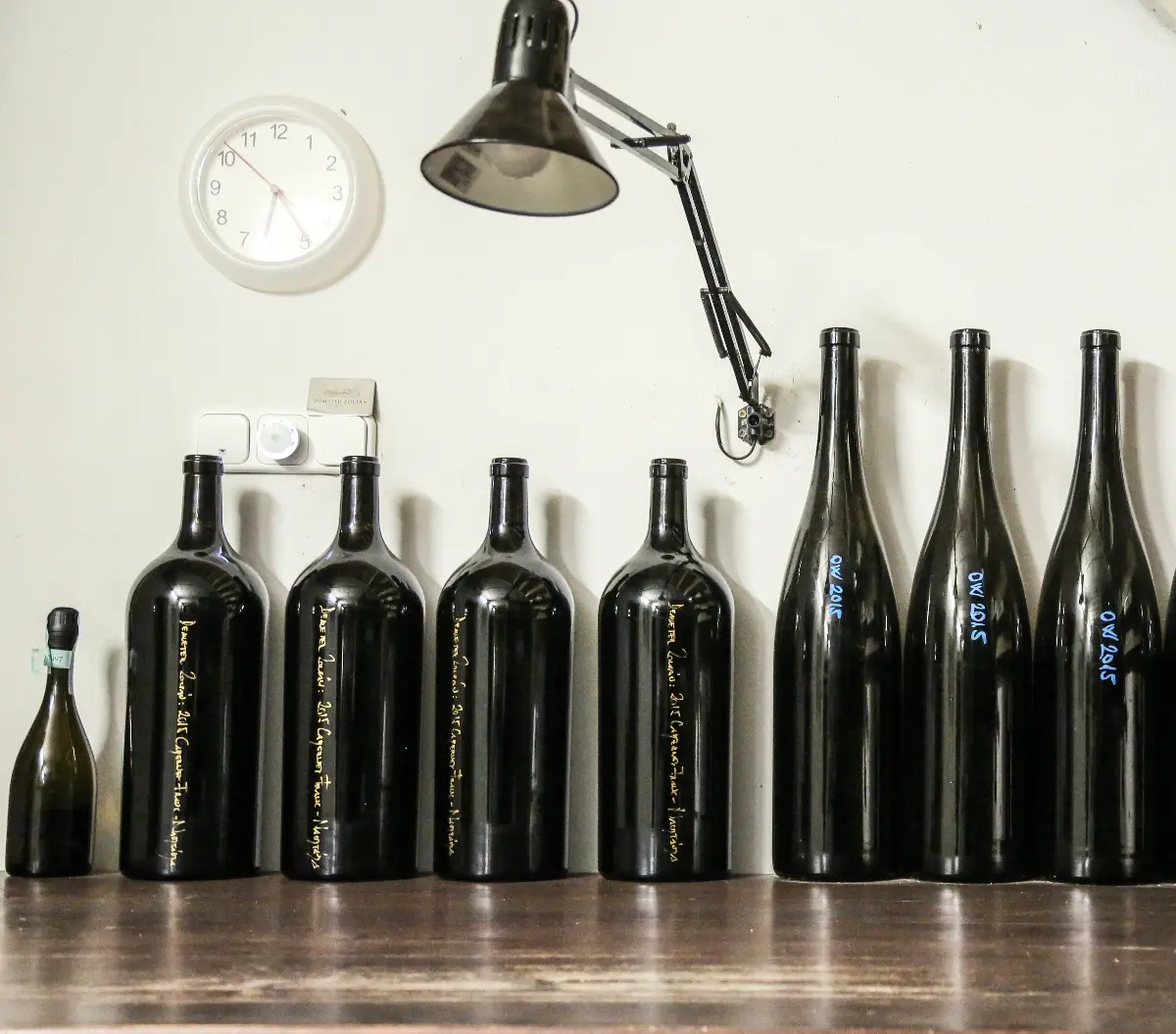
8. Tasting a wine in the cellar can make it seem greater, perhaps even better due to the pathos... But the ultimate measure of value is whether or not you enjoy drinking it. Take home some of your favourites and taste them in your own home (often a wine tastes very different in different places, not to mention ageing in bottles).
9. Try to use associations to distinguish between wines and even between places of production. At first glance, the language of wine tasting may seem abstract, but the magic of discovery is a real accomplishment. At the end of a full line, a playful blind re-tasting can also lead to new discoveries.
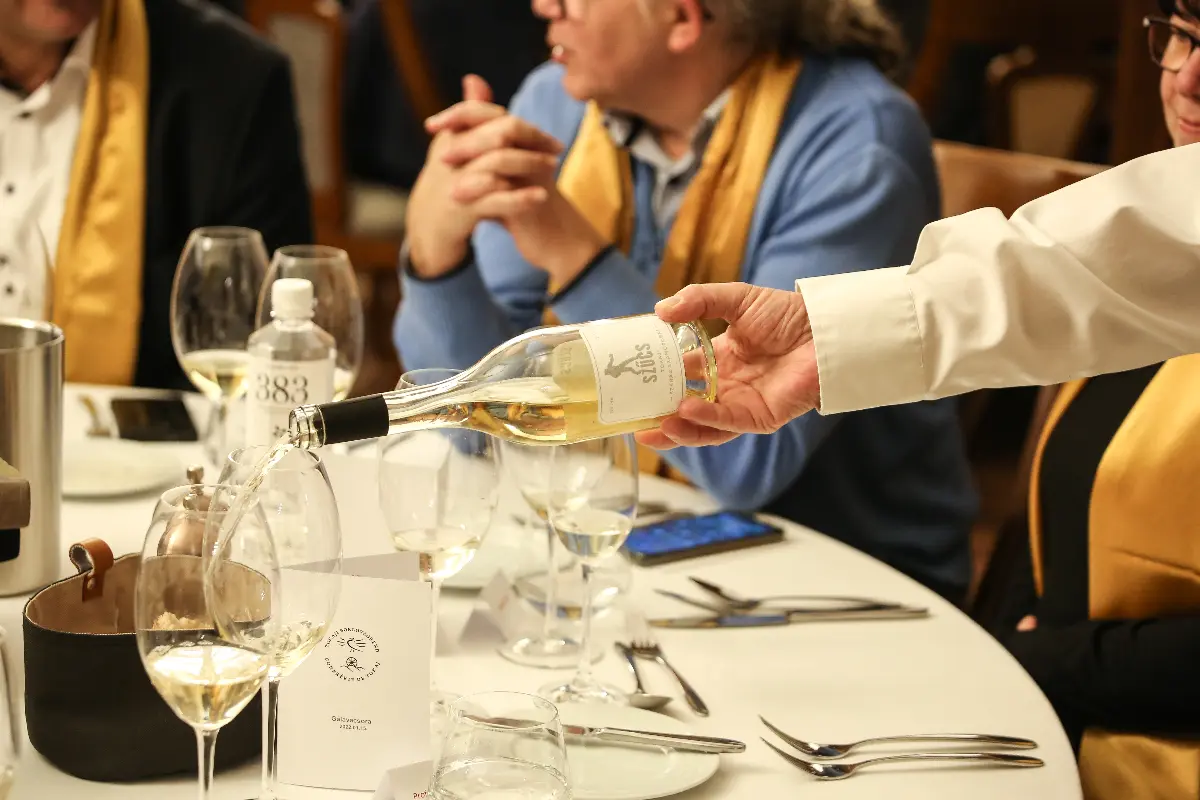
10. And do not forget the food suitable for the wines (classic pairings with “aszú” and other sweet Tokaj wines: foie gras, blue cheese, peach/orange desserts; while seafood, wild game, mature-semi-soft cheeses are ideal with dry ones).




